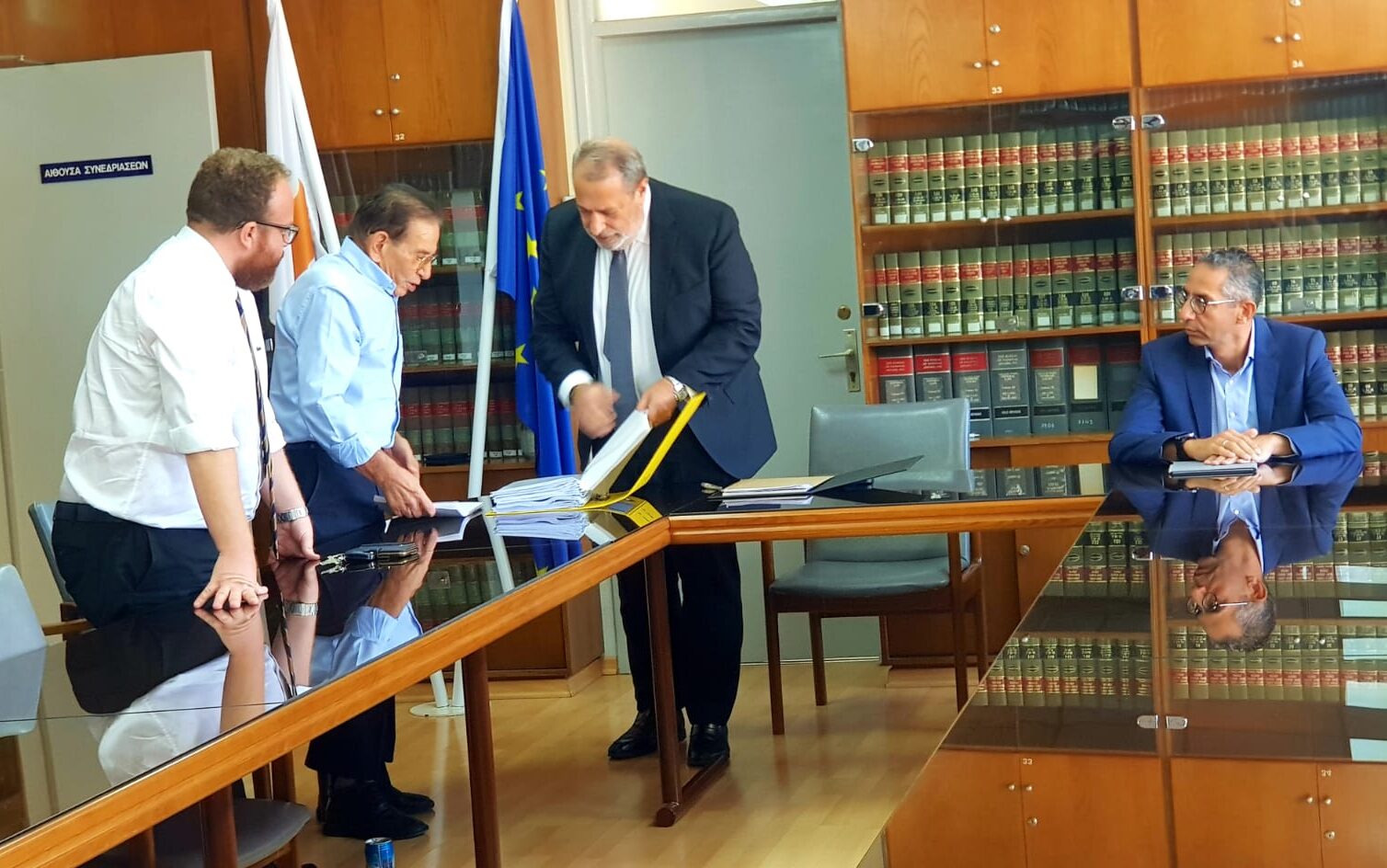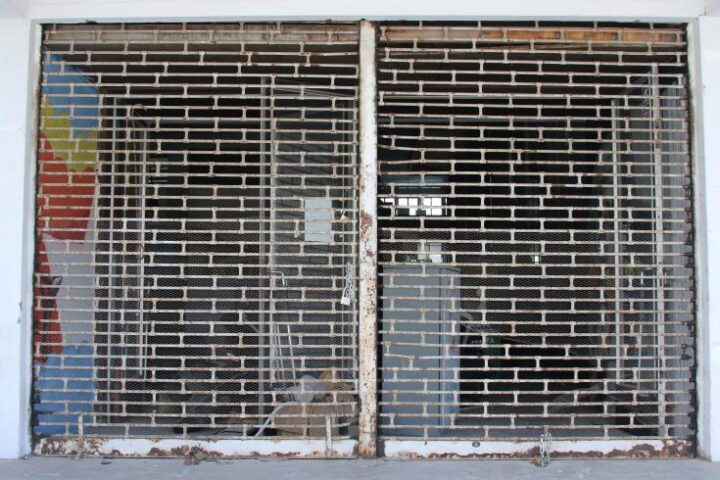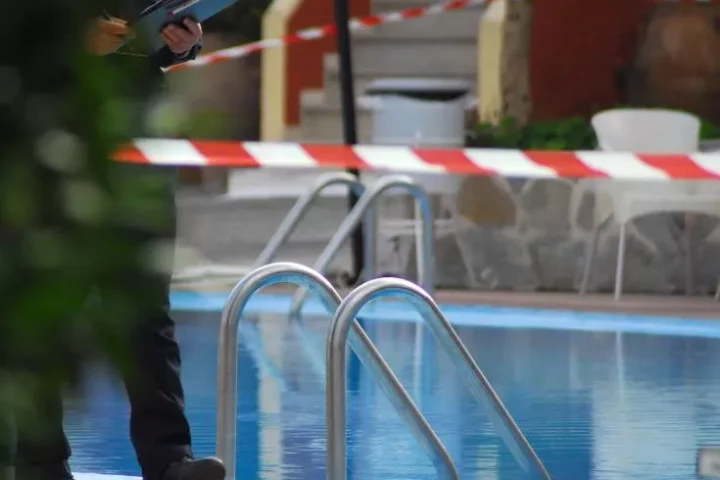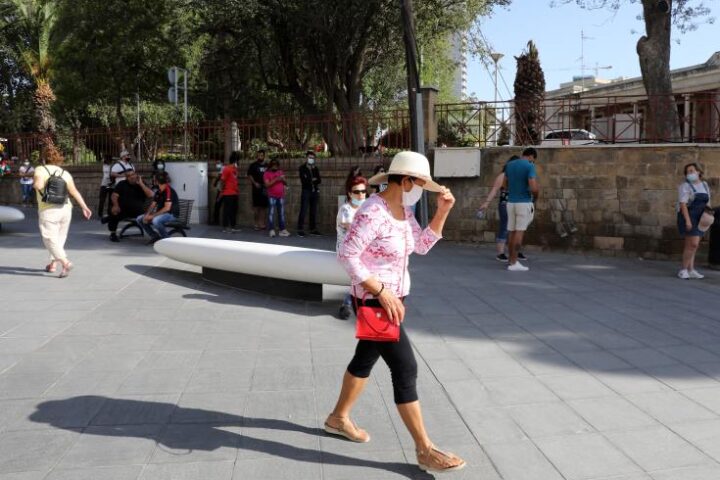Attorney General George Savvides has committed to do everything in his power to allocate responsibility for the death of a soldier who died in 2005 after investigators found evidence that he was murdered.
Investigators looking into the death of army conscript Thanasis Nicolaou found that criminal acts were committed, proving the soldier did not commit suicide as initially believed.
The findings of Savvas Matsas and Antonis Alexopoulos into the circumstances leading to the death of Nicolaou were handed to the Attorney-general on Thursday.
The conscript was found dead under a bridge in Limassol 17 years ago, with authorities ruling it was suicide.
The 92-page report into the murky case of Nicolaou may well give Savvides ground to proceed with a criminal prosecution.
The Attorney General said the next steps would include a review of the report by the legal services, after which decisions will be made.
Savvides told reporters: “I wish we could turn back time 17 years so that a proper investigation could have been carried out when the events were more recent.”
“Respecting the memory of this child, we will try to shed light on the circumstances of his death, whatever they may be, and help find the truth, whatever it is so that both the family and the State feel there is a clear result in this tragic case.”
Matsas, one of the two criminal investigators who worked on the report, was asked whether criminal acts were committed; he said: “That I can answer, yes.”
Asked whether there is criminal liability for the authorities, Matsas said it is now up to the attorney general to decide how to proceed.
Third investigation
The probe was the third investigation into the case, commissioned by the Attorney General following forensic evidence.
Coroners in Athens last year had examined the 26-year-old’s exhumed remains and separately concluded that Nicolaou had been strangled, as his hyoid bone, initially recorded as undamaged, was found to have been broken.
The case had reopened after Nicolaou’s mother, Adriana, had relentlessly insisted that her son had not committed suicide, pointing instead to fellow army colleagues as having bullied Nicolaou.
A court issued an order to have Nicolaou’s remains exhumated and sent to Greece for examination.
A medical examiner representing the state had also examined the remains, but those findings have not been made public.
The soldier’s body was found under a bridge in Alassa, Limassol, in September 2005, about 12 kilometres from his home and barracks. He was meant to report back to his unit after overnight leave.
At the time, authorities were convinced that Nicolaou had committed suicide, but police had not questioned all his fellow army comrades, despite the victim filing a report of being bullied.
In February last year, the European Court of Human Rights (ECHR) ruled that authorities had botched the investigation into Nicolaou’s death.
“Domestic authorities failed to carry out an effective investigation into the circumstances surrounding Mr Nicolaou’s death, and accordingly, there has been a violation of the procedural aspect of Article 2 of the Convention,” the ECHR said.
The ECHR concluded that the entire initial police investigation was conducted on the premise that this was a suicide case, never seriously endeavouring to verify any other possible scenario.
Nicolaou, originally from Limassol, had been living and working in Australia as an architect and returned to Cyprus to serve a reduced six-month military service.










